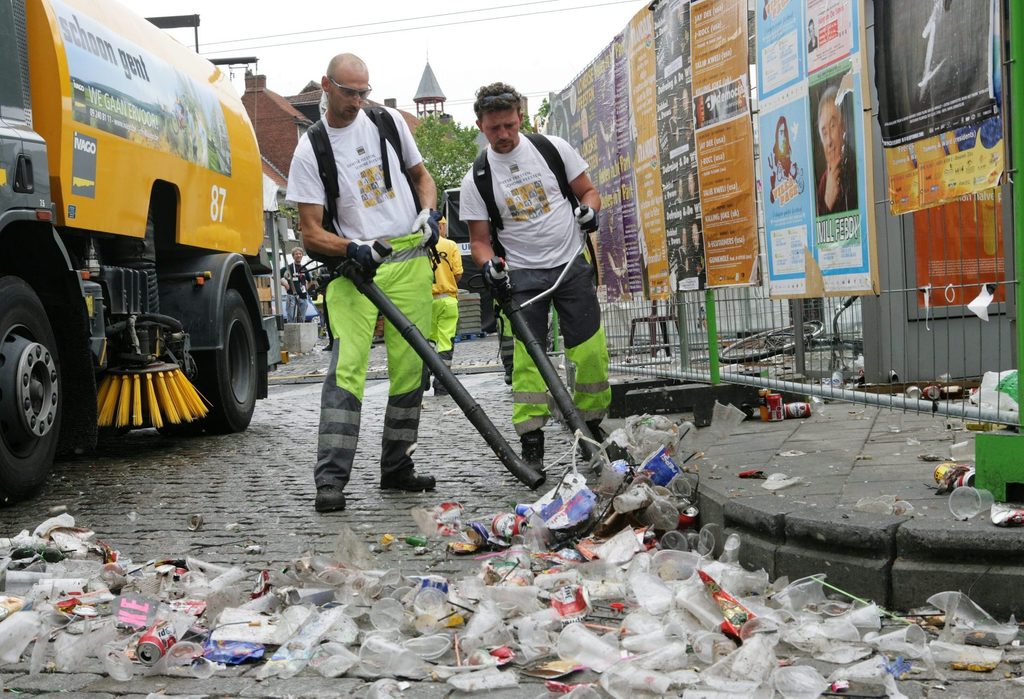From 1 September, reusable cups have become mandatory at events across Wallonia in an effort to reduce single-use disposable plastic waste. But are the reusable versions as eco-friendly as they are said to be?
Numerous studies confirm that reusable cups do indeed have a lower environmental impact, even under worst-case scenarios. However, several challenges must be addressed to ensure they are as beneficial as possible.
Producing a reusable cup consumes nearly six times more materials than a disposable one. This has led some to question their environmental worth. Jean-Gérald Pahaut, managing director of Rekwup (a Walloon reusable cup rental company), recently told RTBF that without implementing deposit systems or recovery initiatives, reusable cups may end up being used like disposables.
Another common issue is printing sponsor logos on reusable cups, economically beneficial for event organisers but not always ecologically sound, especially if sponsors change yearly.

The big cleaning started after ten days of Gentse Feesten, July 2005. Credit: Belga / Lieven Van Assche
The key to reducing the carbon footprint of reusable cups lies in extensive reuse. At Rekwup, some cups have circulated for 12 years, only being recycled when damaged or dirty beyond cleaning.
To facilitate mass reuse, users (festival-goers, partygoers, supporters) must treat cups with care. Pahaut emphasised the importance of deposit systems, stating that "without them, cups end up discarded on the ground, leading to additional cleaning efforts and a larger carbon footprint."
A deposit system also encourages cup recovery at the end of events, reducing waste. On average, 7% of cups go missing at Belgian events but are often reused by individuals, reducing disposable cup purchases.
Related News
- France introduces reusable tableware in fast food chains, will Belgium follow?
- Belgium imposes phased ban on single-use plastics
Transporting reusable cups from storage to the event location and then to cleaning facilities can significantly impact their carbon footprint. Studies recommend engaging local actors to minimise transportation distances. Innovative solutions, like mobile cup washing services, are emerging, particularly in Germany, offering a potential future option for large-scale event organisers, such as the Dour festival.
Beyond the environmental benefits, reusable cups convey an essential message. "Reusable cups communicate that these items are not waste; they are objects," asserts the general manager of Rekwup. They demonstrate an alternative way of functioning, signalling the need to shift away from disposables.
Today, Belgium's per capita consumption of short-lived packaging plastics stands at approximately 30 kilograms annually. Embracing reusable cups not only reduces this consumption but also signifies a broader shift towards sustainable practices.

